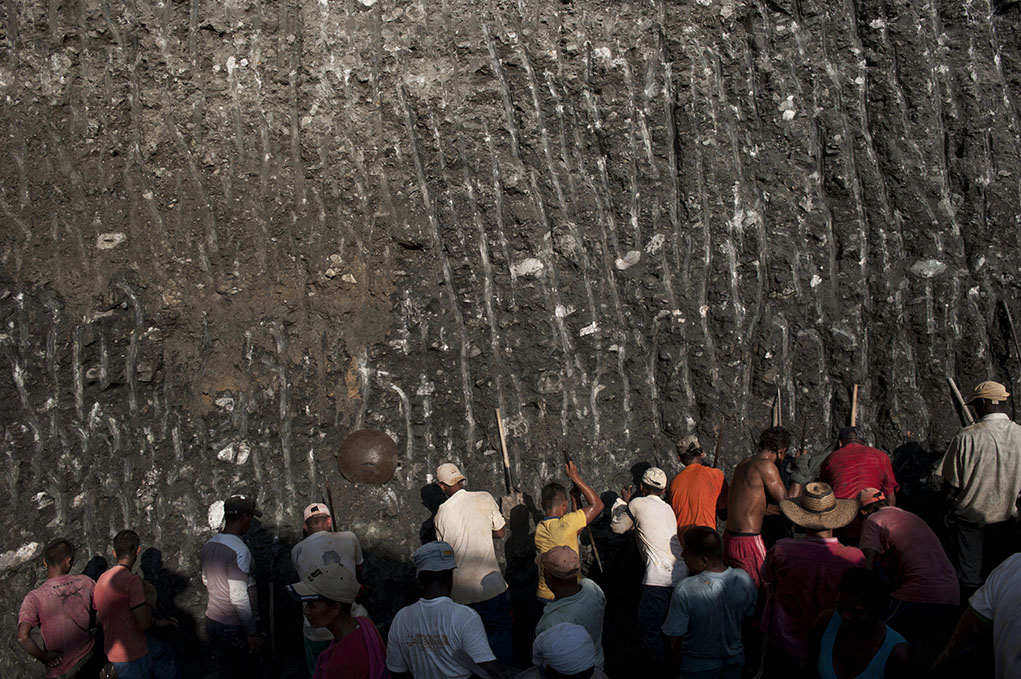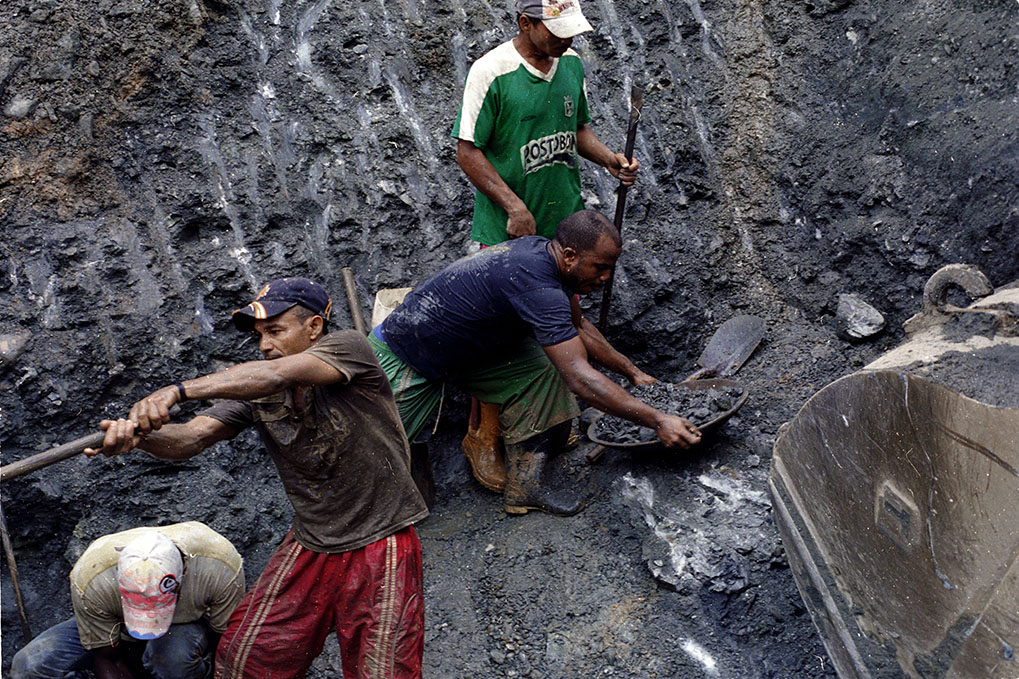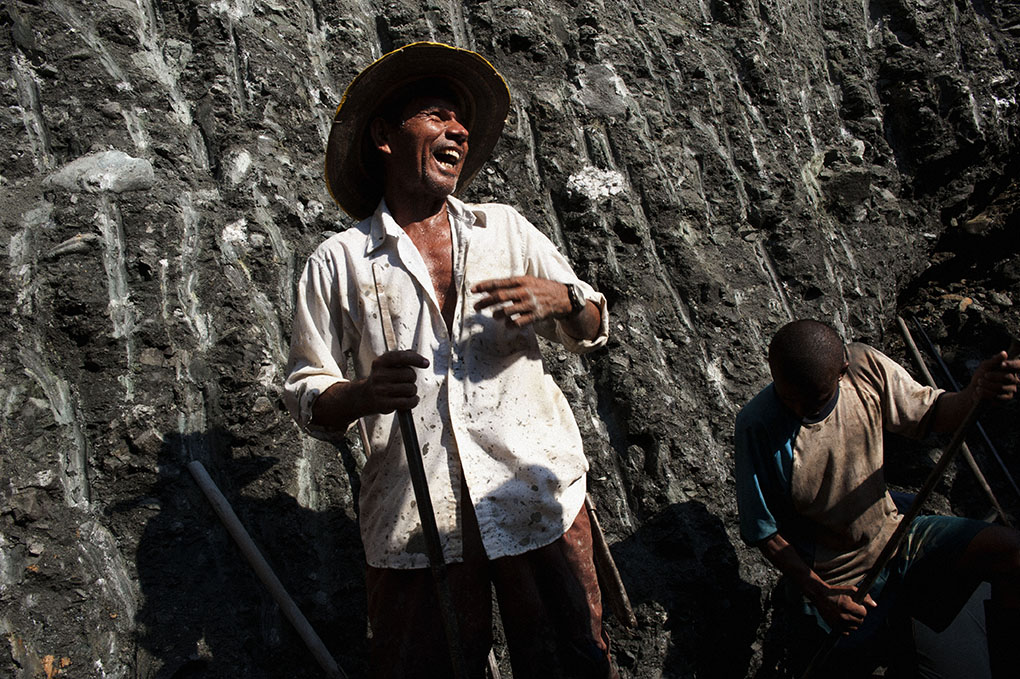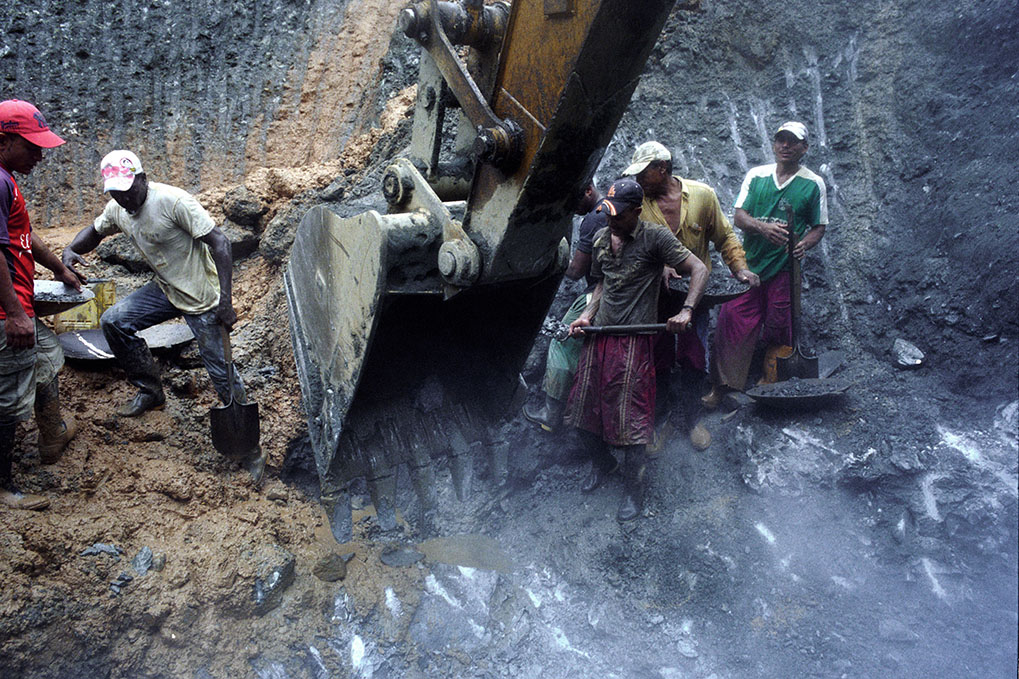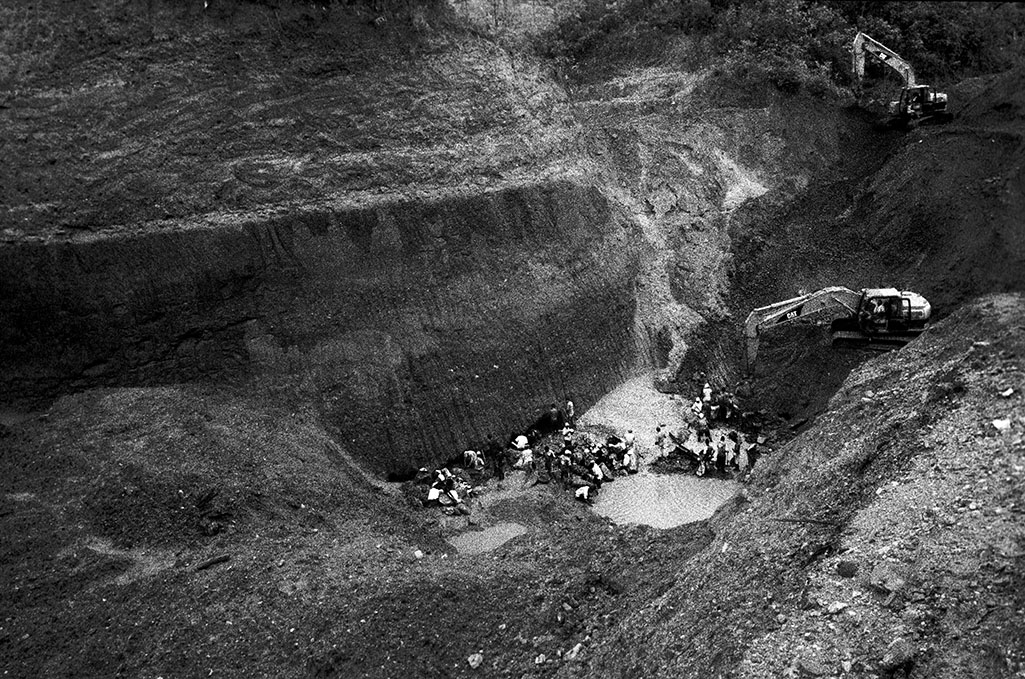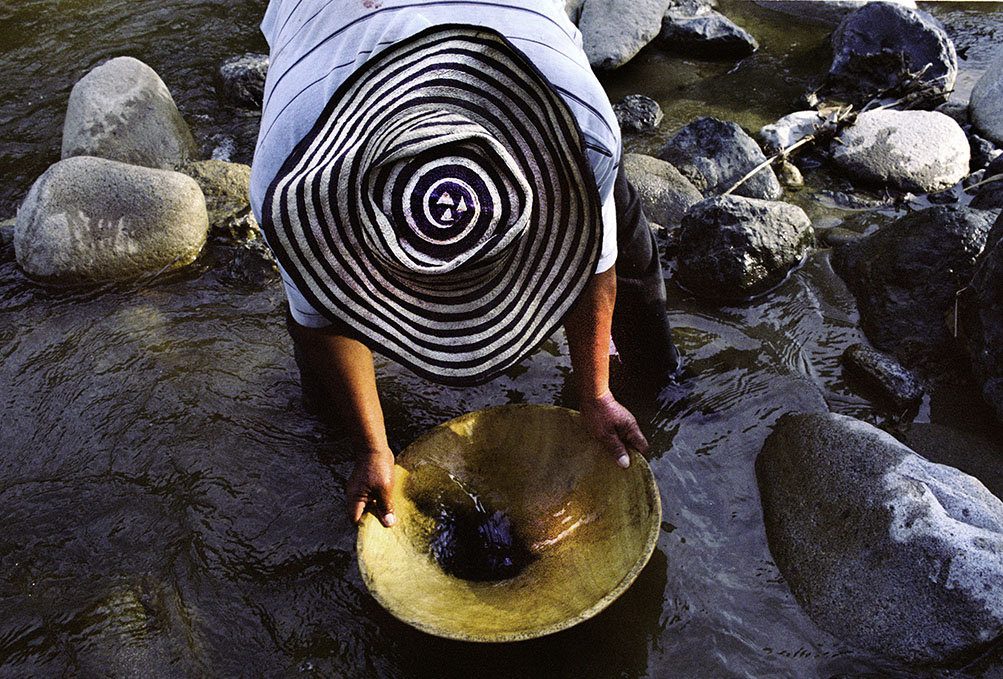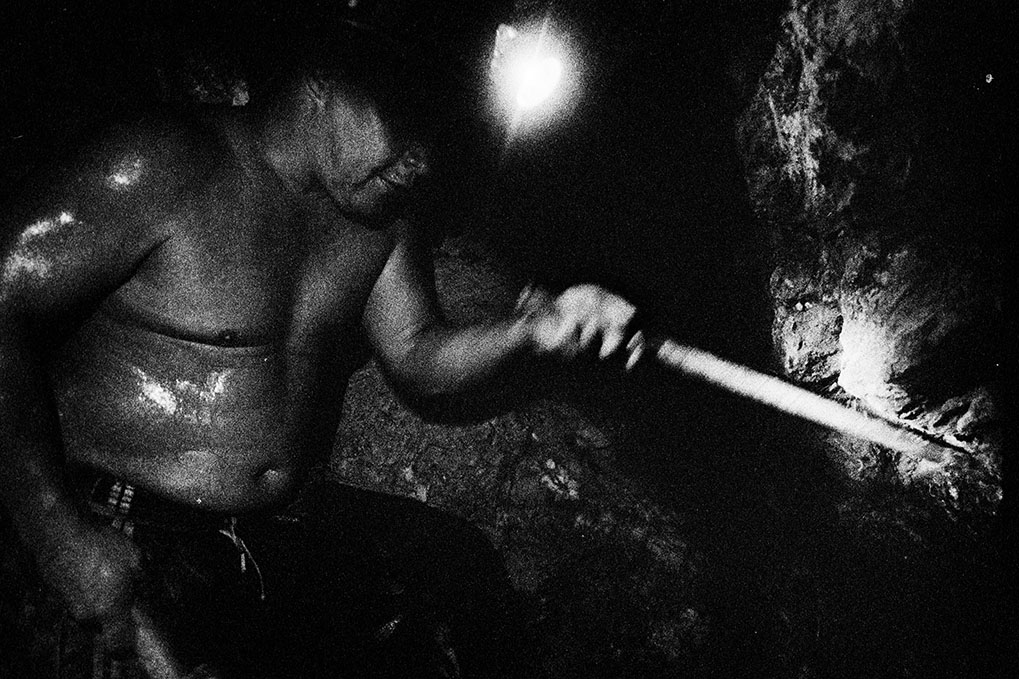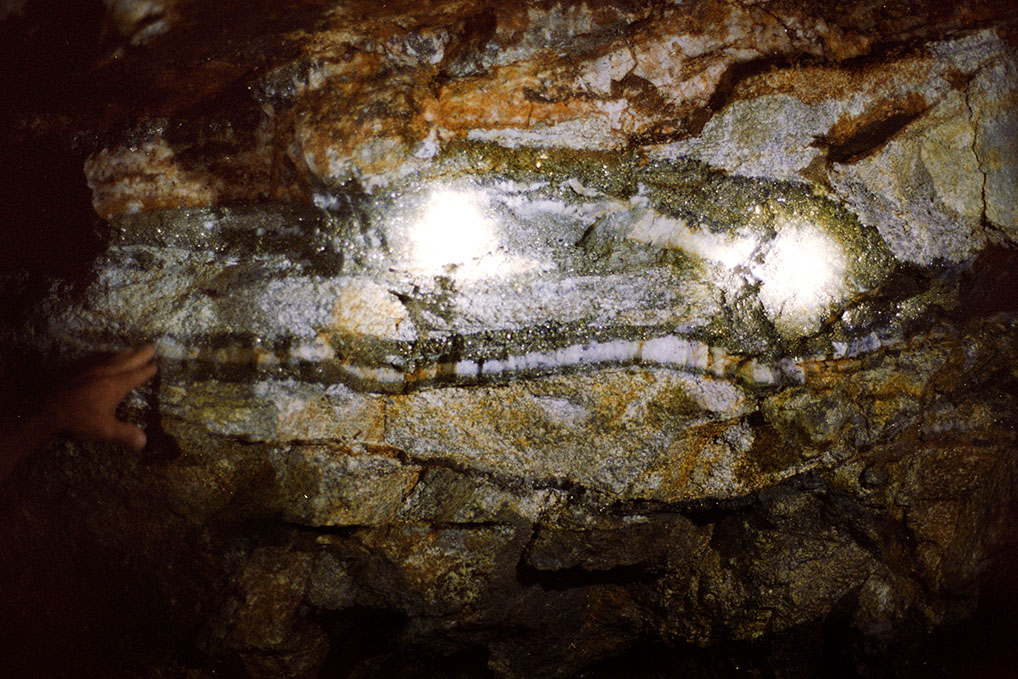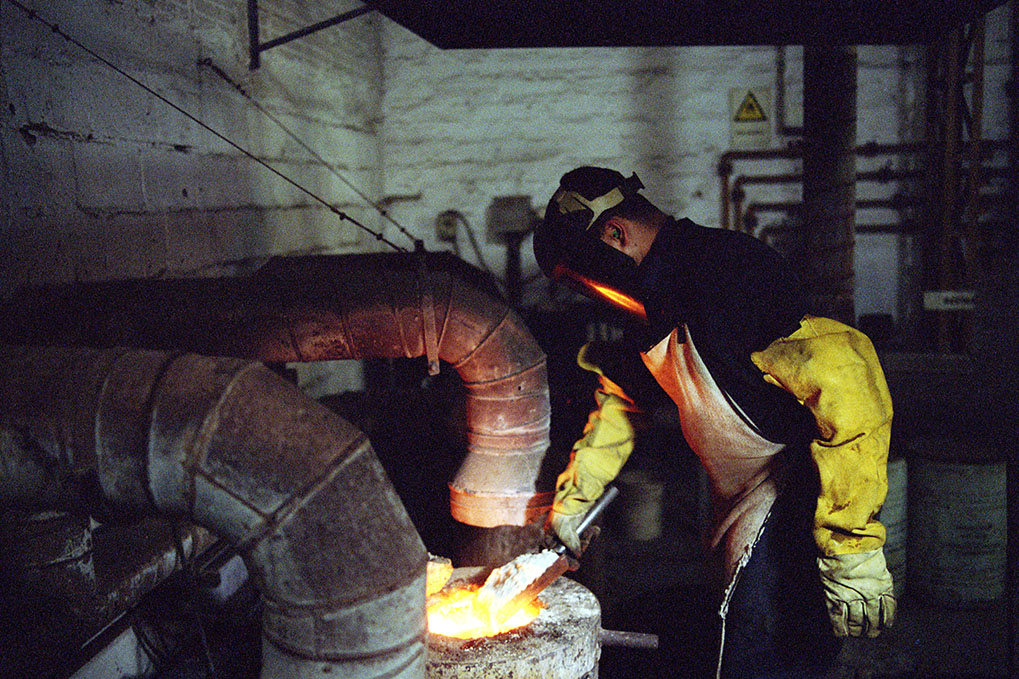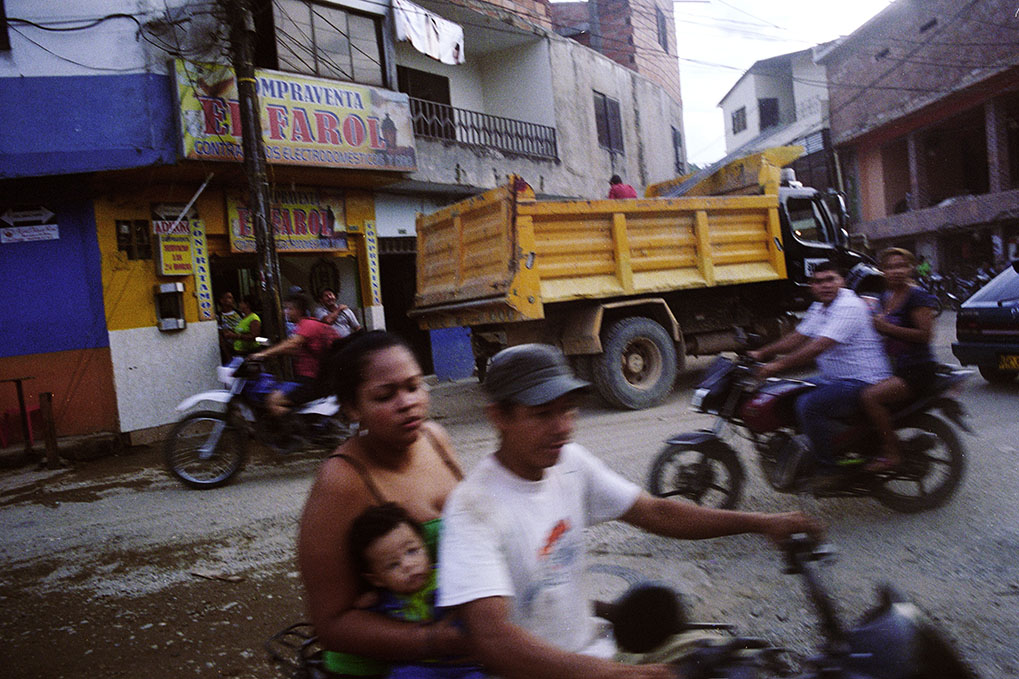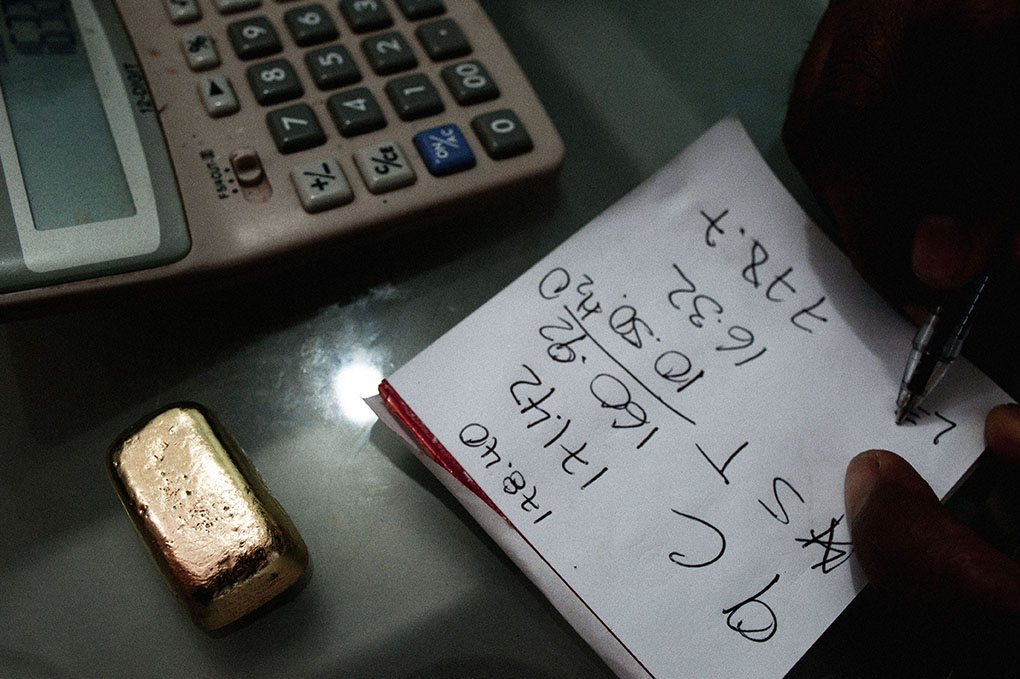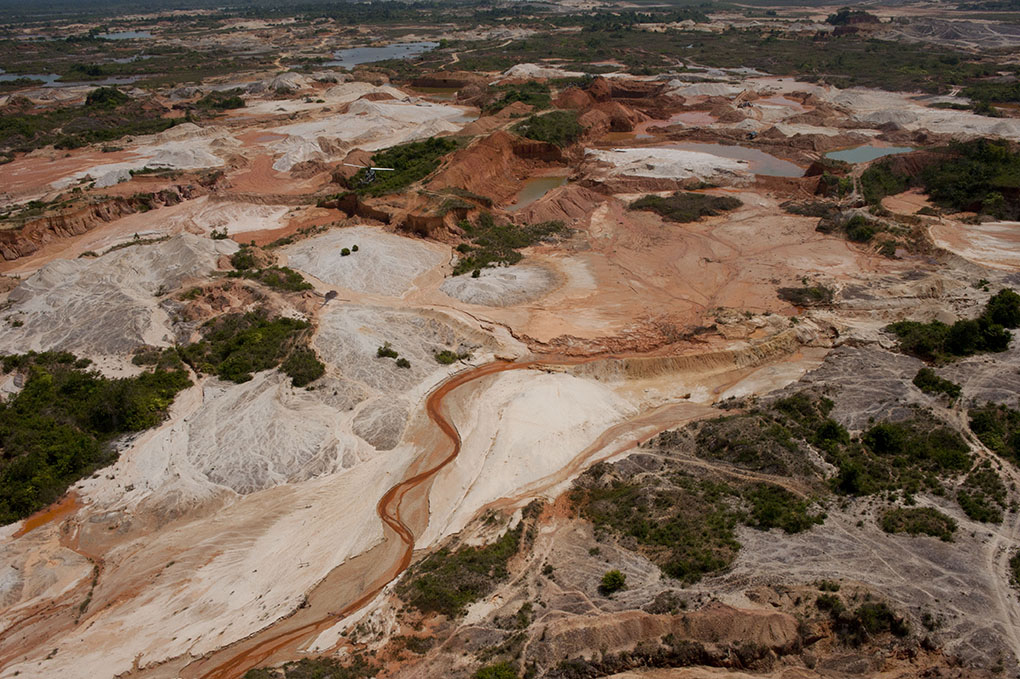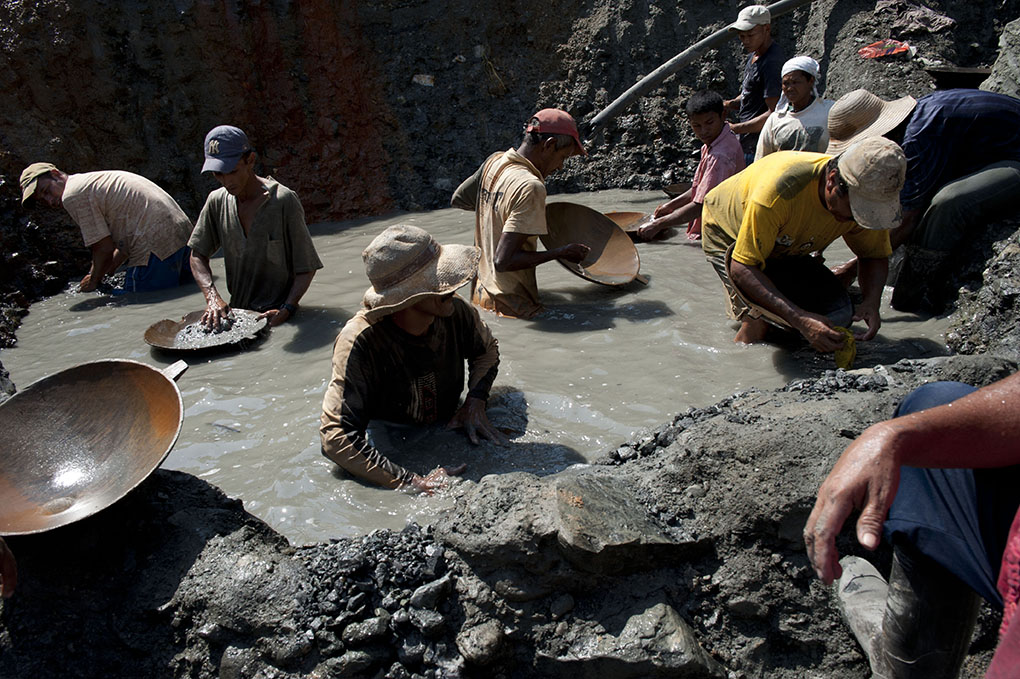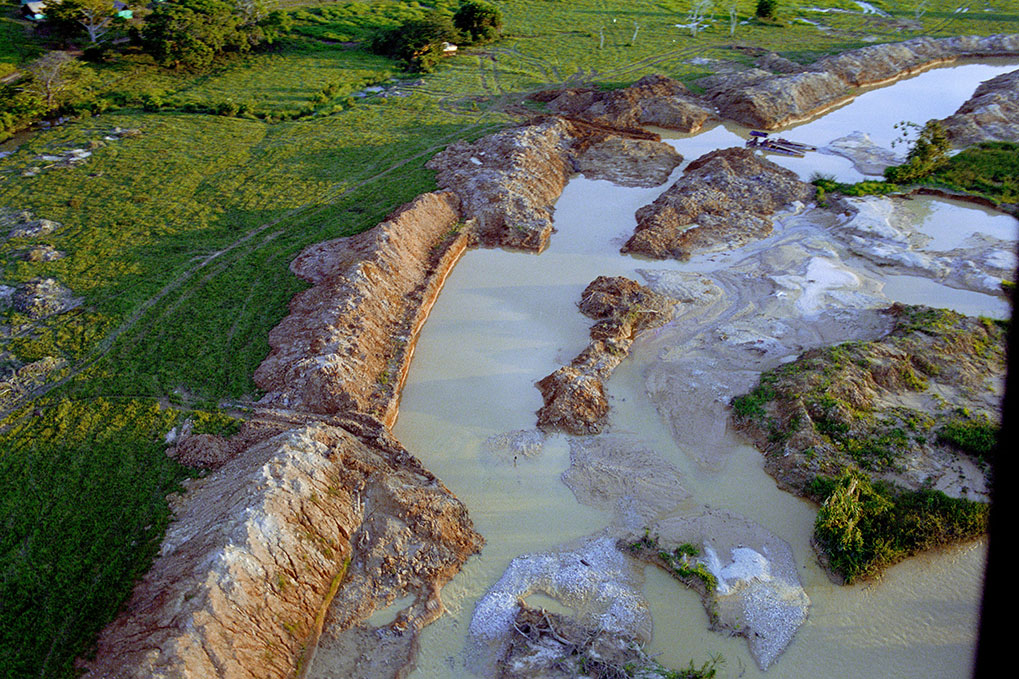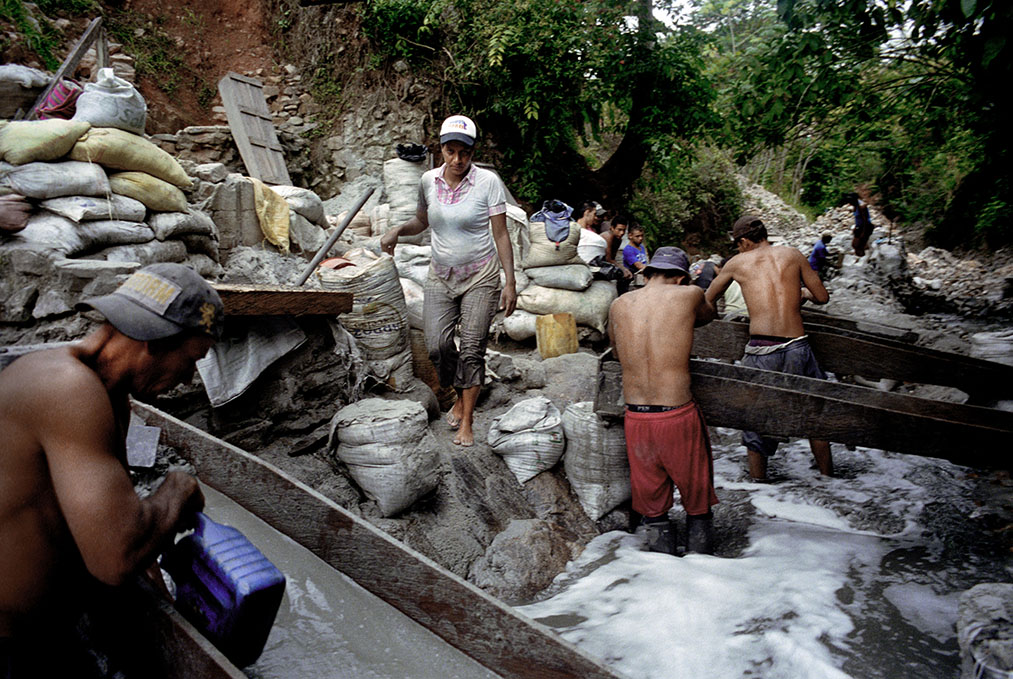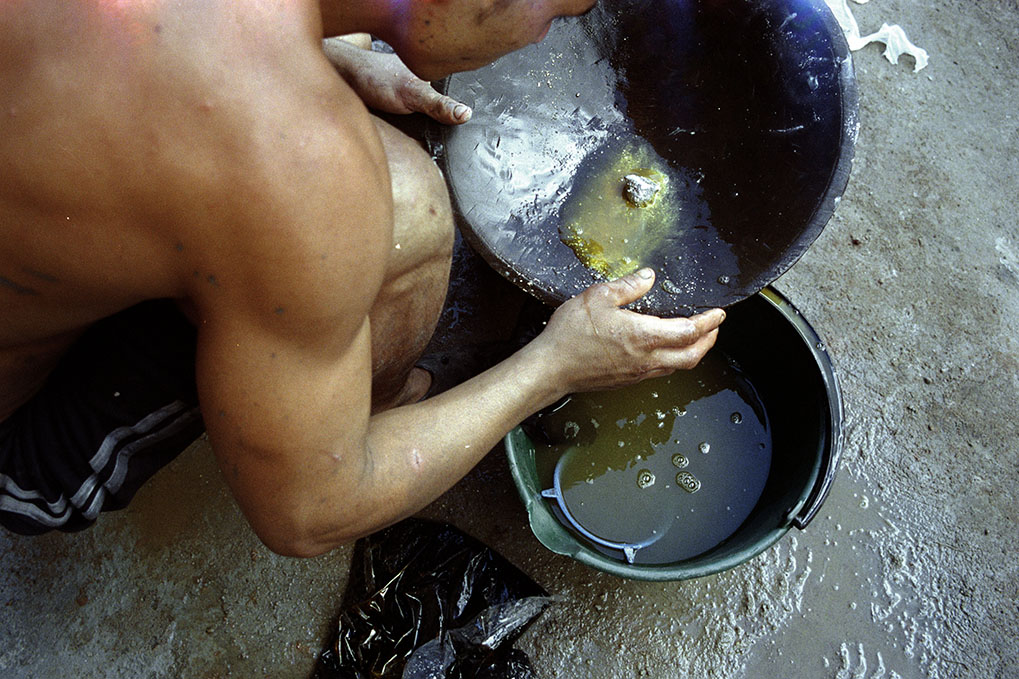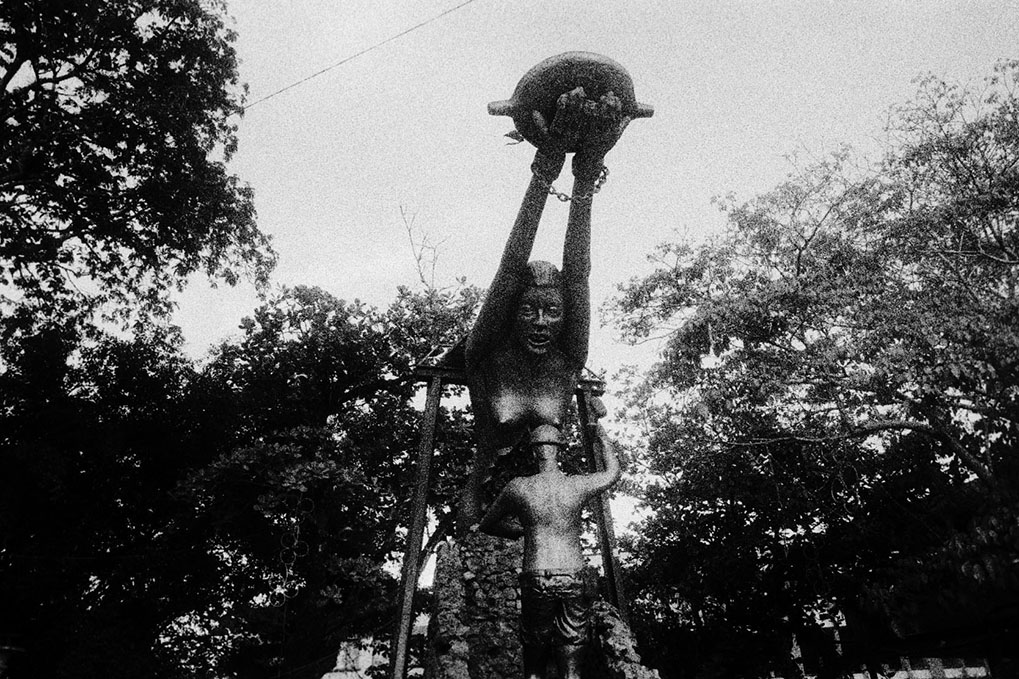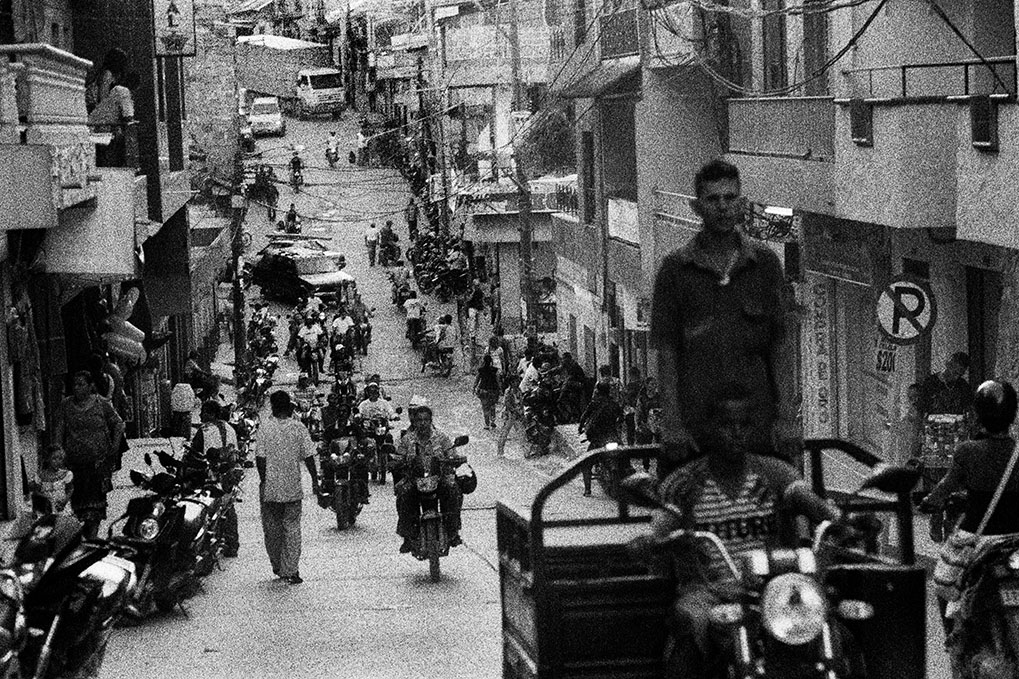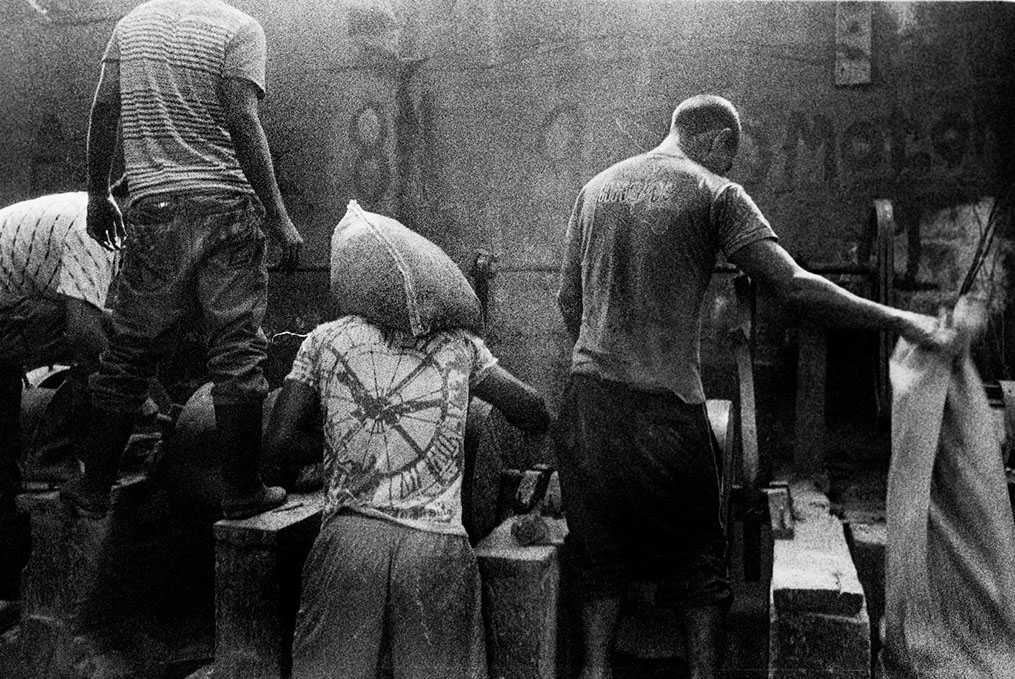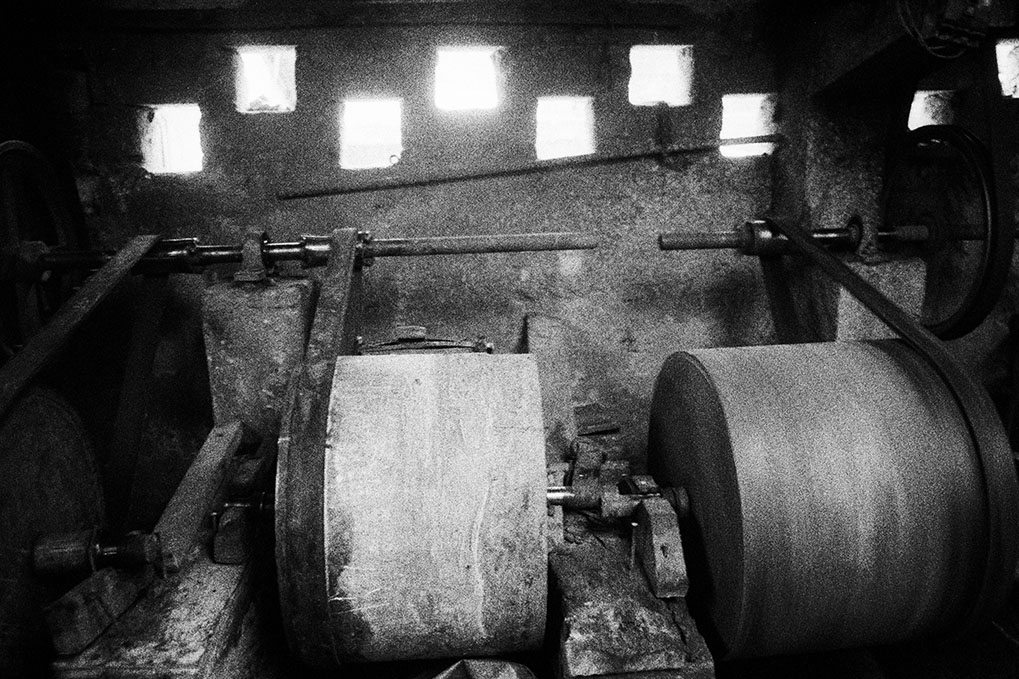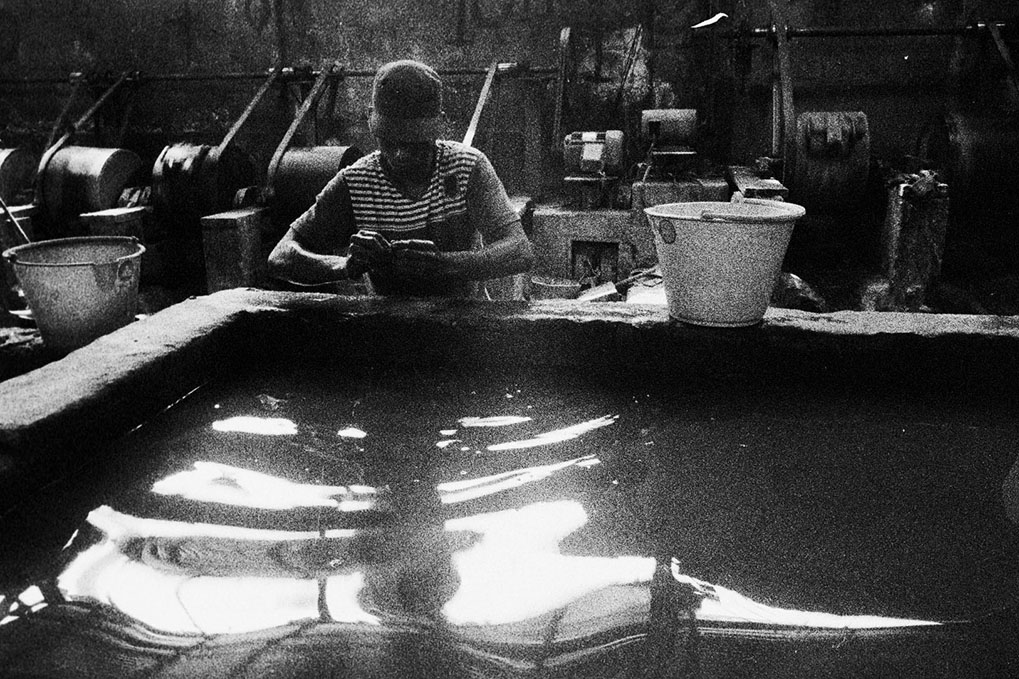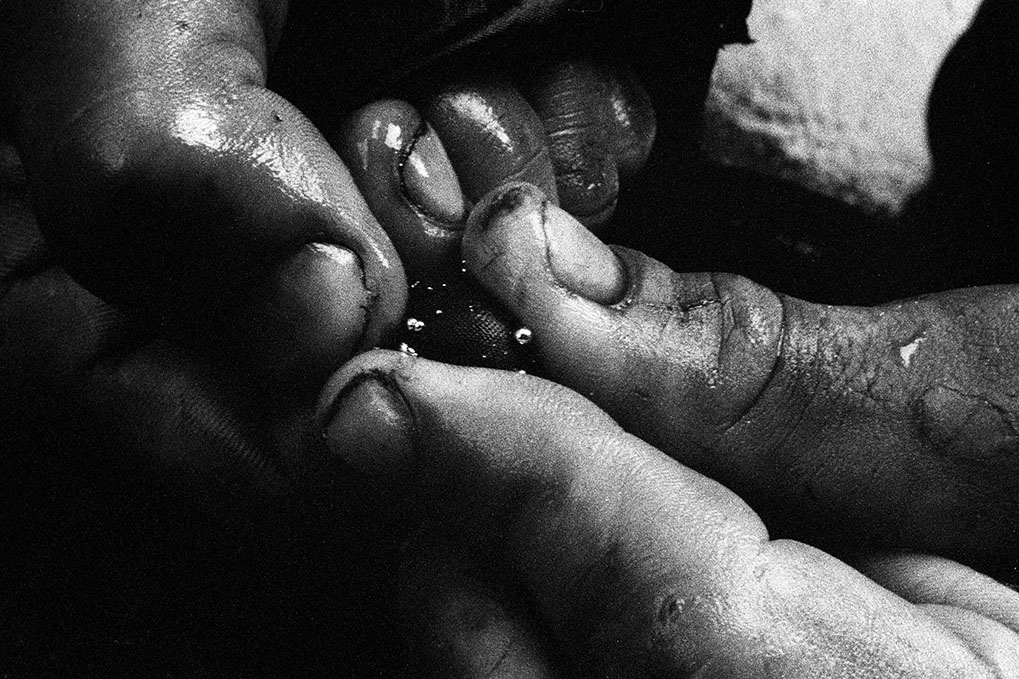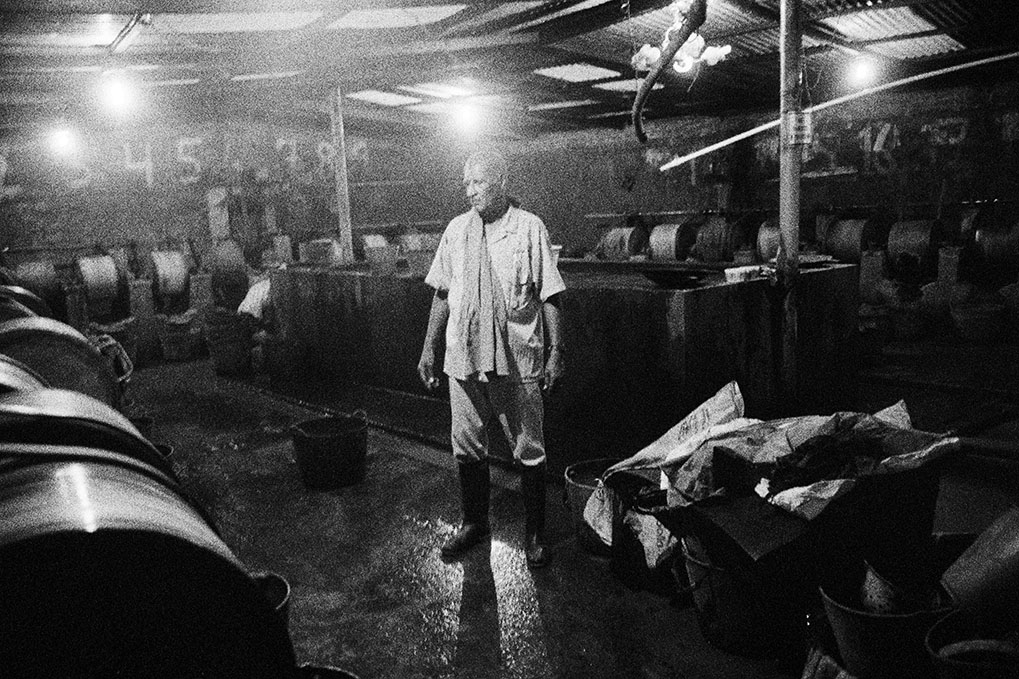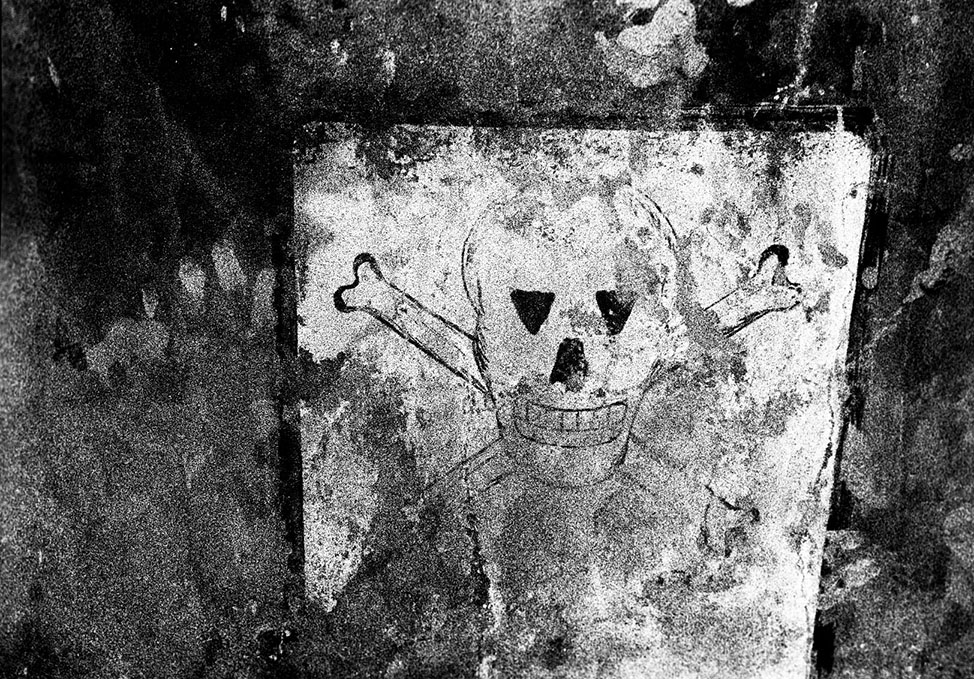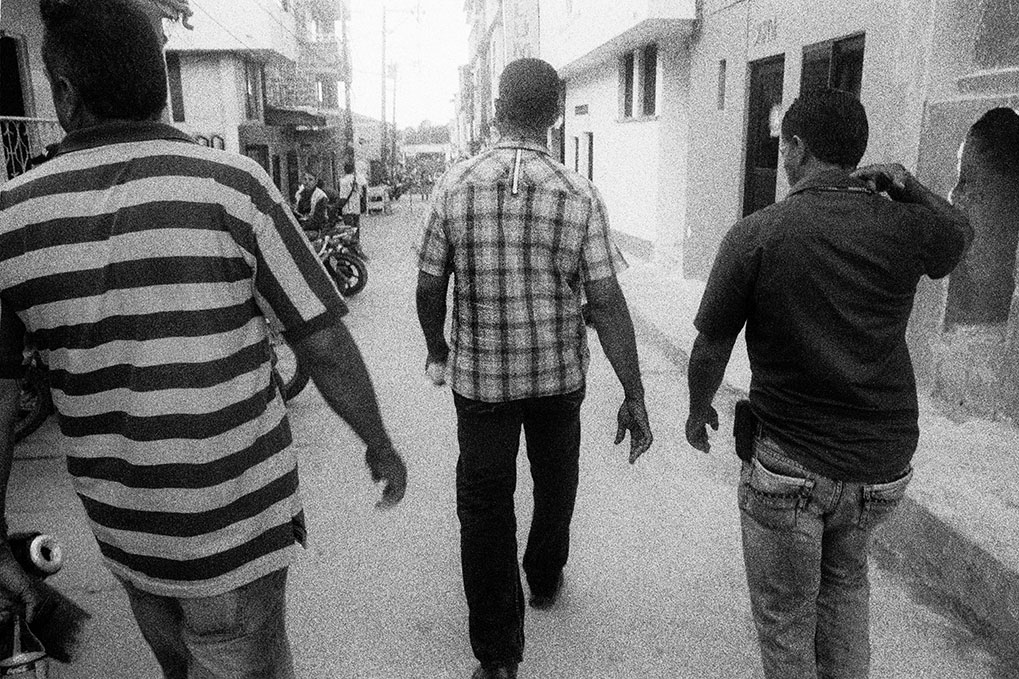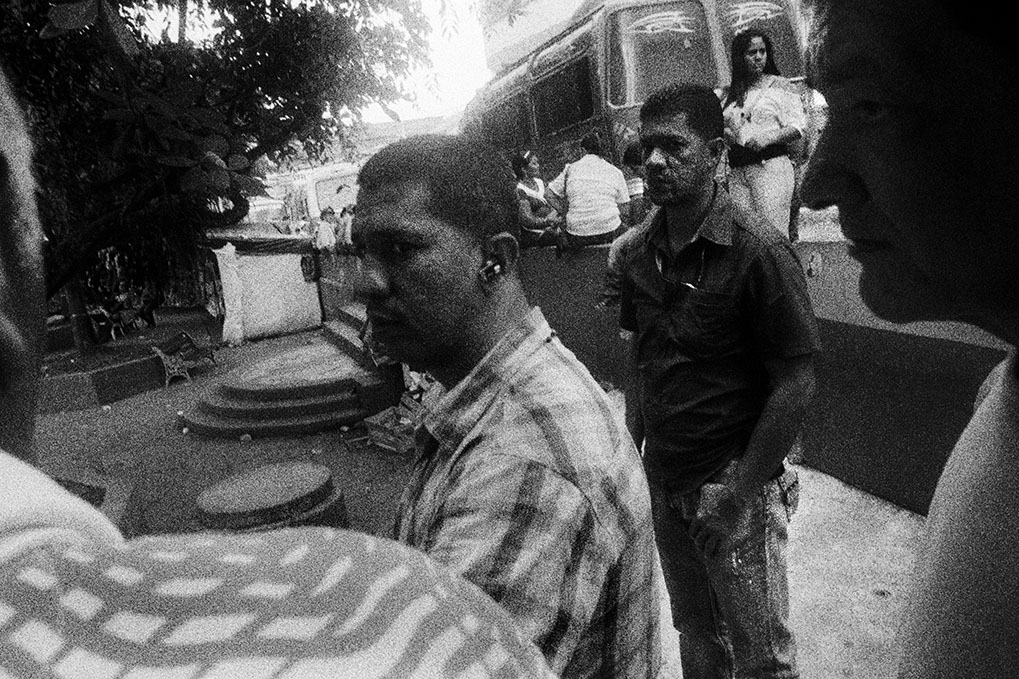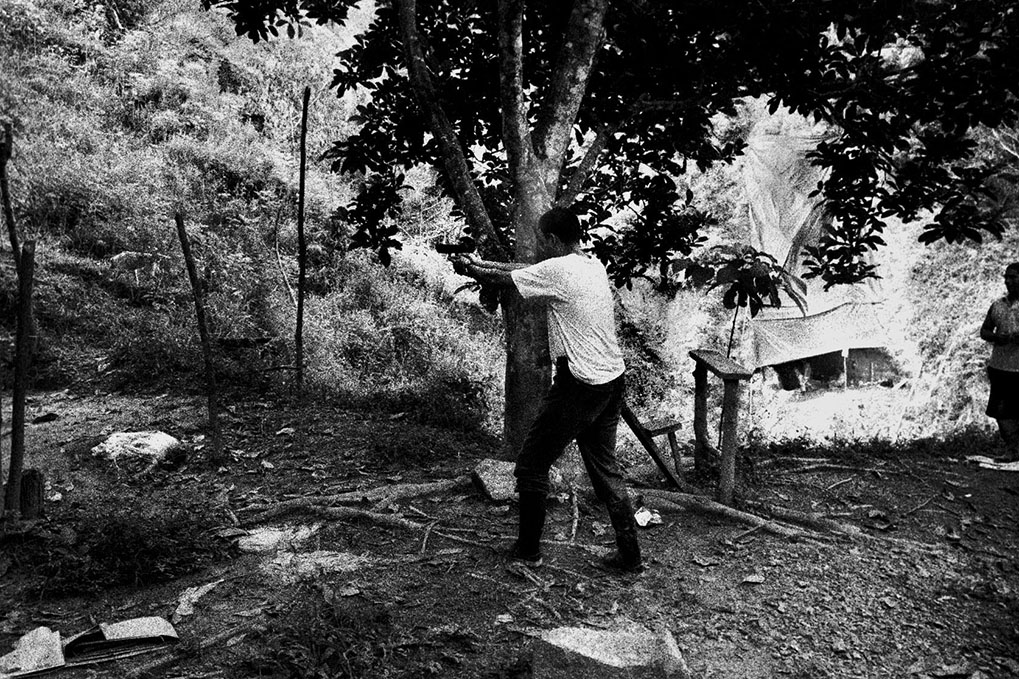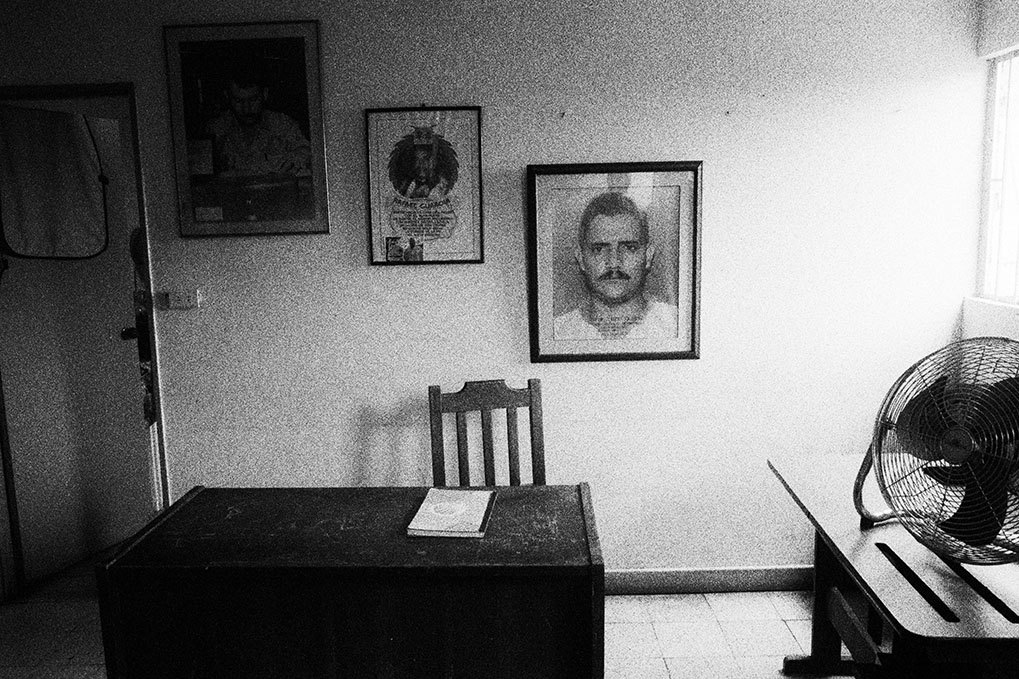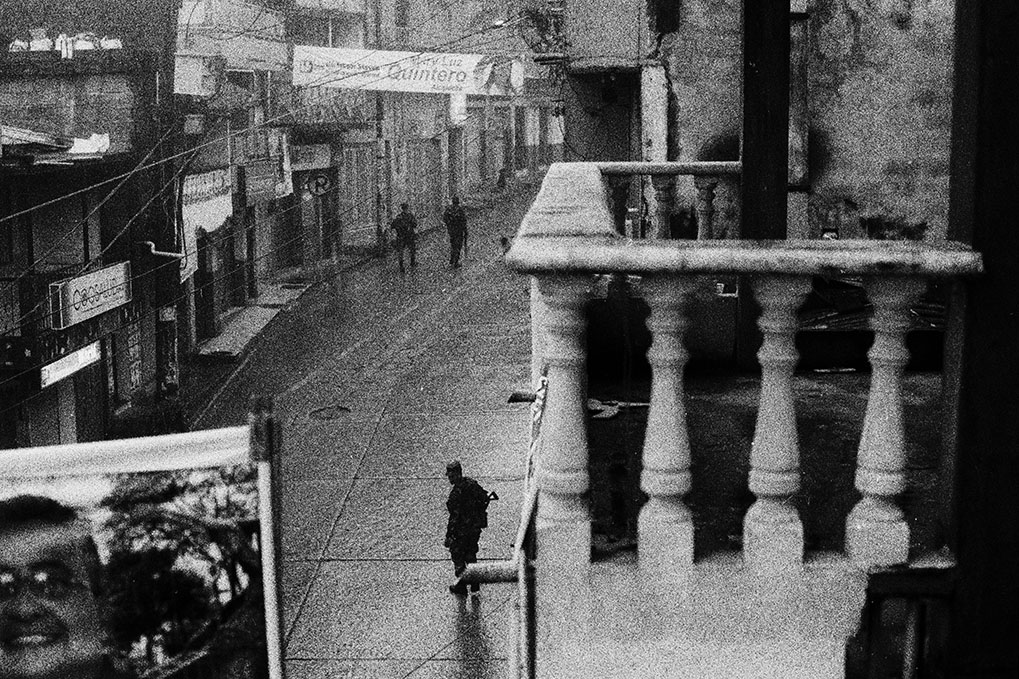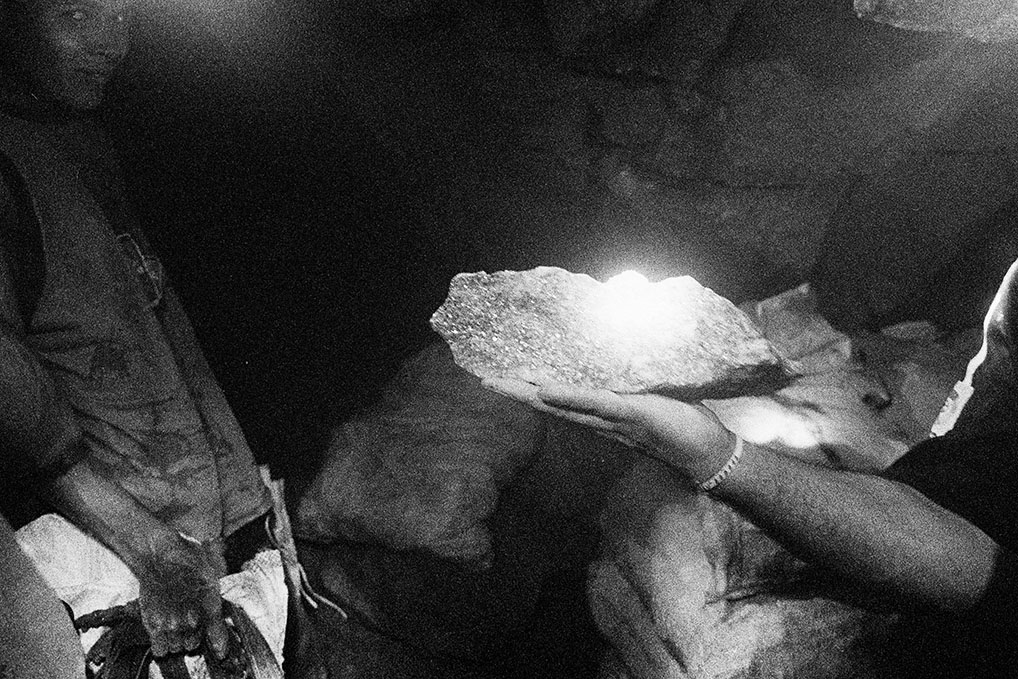Photo by Stephen Ferry
Magnum Foundation and Voice of Witness Partner to Educate Through Multi-media Storytelling Amidst Colombian Peace Talks
For over five decades, Colombia has been embroiled in internal armed conflict among guerrilla groups, paramilitary militias, and the country’s own military. Civilians in Colombia have faced a range of abuses from all sides, including killings, disappearances, and rape—and more than four million have been forced to flee their homes.
As the crisis for the citizens of Colombia continues following last Sunday’s public referendum, Magnum Foundation and Voice of Witness (VOW) have launched a multimedia toolkit that sheds light on the conflicted histories Colombians were grappling with as they went to the polls. The toolkit aims to engage students with the human stories behind the headlines and provide a model for photographers and journalists looking to explore interdisciplinary approaches to human rights reporting.
The project, titled Displaced in Colombia, brings together oral history, documentary photography, and an audio narrative to tell contemporary first-person stories of people impacted by the decades-long violence in Colombia.
Accompanying the multimedia content is an educators’ toolkit that provides teachers with lesson plans and a variety of resources for teaching not only about the conflict in Colombia but also about the broader issues of displacement, migration, and government policy. The toolkit draws from oral histories included in VOW’s book Throwing Stones at the Moon: Narratives from Colombians Displaced by Violence edited by Sibylla Brodzinsky and Max Schoening, and includes photographs by Magnum photographers on the ground in Colombia.
VOW Education Program Director Cliff Mayotte says, “We see this as an opportunity for students to engage with the issues of displacement and state violence by listening to the stories of people directly impacted by them and responding in creative ways.”
“Following this week’s referendum, providing such personal narratives to the current discourse is especially valuable,” says Emma Raynes, Magnum Foundation’s Director of Programs. “Through the combination of seeing and listening, we hope that Displaced in Colombia will add an important layer to this complex ongoing conflict and its representation in mainstream media.”
The Poisoning of El Dorado
2011 Magnum Foundation grantee Stephen Ferry has developed an understanding of Latin American culture, society, and politics from over 20 years of covering the region. Stephen’s 2012 book, Violentology: A Manual of the Colombian Conflict, documents Colombia’s internal armed conflict, focusing on human rights and the struggle of Colombian civilians to resist the violence. His 2011 story, The Poisoning of El Dorado, exposes exposing how gold mines in Colombia are fueling a new wave of violence and environmental destruction.
ZARAGOZA, ANTIOQUIA, COLOMBIA. Date Unknown. At a gold mine on the outskirts of Zaragoza, Antioquia, Colombia, in the region known as La Puercera, approximately 150 freelance gold miners pan for gold in a pit dug by the company which operates this gold mine.
[It was not prudent to ask the name the gold mine operating the site, because of security concerns.]
The back hoe is used to scoop up the gold-laden mud, which is then processed by the gold mine using rudimentary machinery (not seen here.) The panning miners are free to sift through the muck that is turned up by the mine, and they often make from 500 – 1000 USD/ month, a reasonable income for the countryside.
These panning miners generally do not use mercury or other chemicals in their process. Rather they rely on their eyes to spot tiny gold nuggets that emerge through the process of sifting and washing the earth in their pans.
Mines like these are taxed by illegal armed groups – either Revolutionary Armed Forces of Colombia (FARC) guerrillas or criminal bands descended from partially demobilized paramilitary militias – throughout the historic gold mining zone of northern Antioquia department. The Colombian government is engaged in a police offensive against such “illegal mines” on the grounds that they are a source of financing for illegal armed groups, and that they contaminate the environment.



